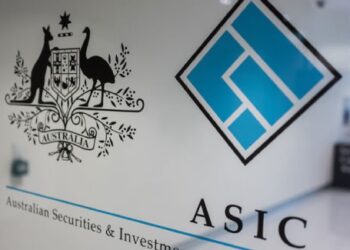In a recent blog post, SuperConcepts executive manager of SMSF technical and private wealth Graeme Colley said there were several steps SMSF trustees could take to ensure their fund met the definition of an “Australian super fund” if they were planning on being out of the country for a year or two.
“If the trustees of your SMSF leave Australia temporarily for up to two years, your SMSF can retain its status as an Australian superannuation fund,” Mr Colley said.
“This allows you to make strategic decisions about your fund while you are overseas, and decisions about the fund’s central management and control are treated as being made in Australia.”
Mr Colley noted that SMSFs whose trustees were overseas needed to pass the “central management and control test” to qualify as an Australian super fund, meaning that if they were to be absent longer than two years, they needed at least one trustee to remain in Australia.
He gave the example of the trustee of a single-member fund who was going on an extended holiday overseas, but had retained their daughter as a second non-member trustee.
“The fund’s trust deed gives [the daughter] the power to make decisions about the fund and she will remain in Australia for the foreseeable future,” Mr Colley said.
“In this situation, as the daughter can make strategic decisions about the fund, the central management and control will remain in Australia.”
He added that trustees that were leaving the country for under two years could consider appointing an alternate director or enduring power of attorney to avoid any potential communication issues that could arise which may hinder administrative decisions relating to the SMSF.
Mr Colley said overseas trustees would also need their fund to pass the “active member test”, meaning if they made a contribution while they were out of the country, their super balance needed to amount to less than 50 per cent of the total balance of all members who had made a contribution in that year.
He gave the example of a member of a two-member fund who had a balance of $1 million and made a contribution while overseas. The other member’s balance was $1.2 million.
“If [member one] contributes to the SMSF, irrespective of the amount involved, but the other member makes no contribution, [member one] will be the only active member,” Mr Colley said.
“The result will be that 100 per cent of the active member’s balance will relate to a non-resident for tax purposes. Therefore, the active member test will be breached.
“However, if both members contributed to the fund, the active member test will be satisfied. This is because the proportion of member balances that relate to non-residents will be less than 50 per cent of the total balance of all active members.”



For a single fund member who is overseas for extended period of time (alternate director appointed), what if there is a government co-contribution for an earlier financial year ? Would that be a breach of contributions rule?
These rules are as hold as the hills, why do they exist, what purpose do they serve? If the trustee(s)/director(s) are citizens of this country then these restrictions should be removed. I understand not have foreigners use the system.
More strangulation by regulation and driving productive input to useless non productive output